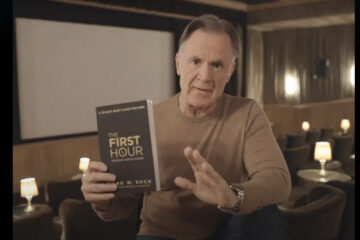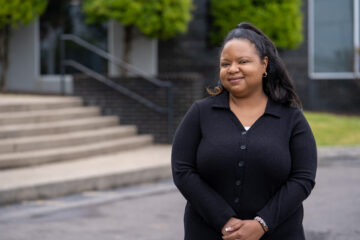We have heard, “To err is human – to forgive is divine”. This simple phrase was first coined by Alexander Pope in his poem, An Essay on Criticism. It is a profound truth about humanity and God. It is also a backdrop of the message of the Gospel.
The first part of Pope’s phrase expresses that everyone makes mistakes, and imperfection is part of the human experience. No one is without error. The second part suggests that the ability to forgive others, especially those who have wronged us, is a higher virtue. This is where, as a Christian, we push into the Holy Spirit to help us where we are unable to help ourselves. To forgive others who have caused us harm does require a supernatural power. If you are walking in unforgiveness, it is fair to say that you not pushing into the power of God. You may be trying to achieve this in your own power.
Forgiveness requires more than mere tolerance. It is an echo of the divine, a reflection of God’s merciful nature. Forgiveness also offers restoration.
God, in His infinite Grace does not simply overlook our faults – He redeems them.
Matthew 6:14 (AMP) reminds us, “For if you forgive others their trespasses (their reckless and willful sins), your heavenly Father will also forgive you”.
You see, forgiveness is not only about the other person, but it is also about YOU! I don’t know about you, but I know I want my heavenly Father to forgive me!
Your level of forgiveness for others can serve as a barometer of how much you are depending upon God.
To forgive then, is not a sign of weakness or throwing in the towel but a summon of strength. It requires humility, empathy, and courage. It is a higher calling, something sacred. When we forgive, we rise above what is natural and reach toward what is Holy. We allow God to live through us and unstick what is stuck!
Rhonda Smart, rhondalsmart@gmail.com














